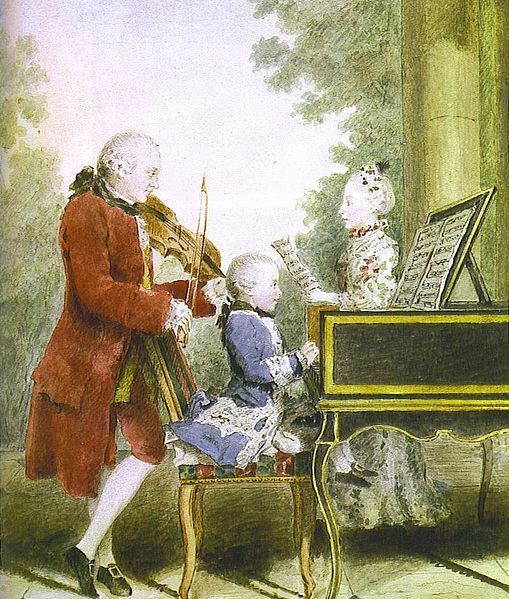Throughout history some have attained wealth, power, and fame, only to leave behind little or nothing in the form of the accumulation of wealth when exiting the mortal coil. Some lost their fortunes due to bad investments, others as a result of simply overspending, and others because they simply never made much money in the first place. For many geniuses, losing a fortune proved to be easier than making one, and there are those who lost more than one fortune in their lifetime. For others, their life’s work proved to be more lucrative after their death than it was while they were still working.
Recently, some celebrities, although not exactly paupers at death, have left estates which amassed fortunes far beyond their financial achievements in life. John Lennon, Jimi Hendrix, Stieg Larsson (The Girl with the Dragon Tattoo), Elvis, Ernest Hemingway, and many more continue to generate wealth for their estates and inheritors beyond that which they left behind at death. Many who died paupers, to use a largely abandoned term, do likewise, despite often leaving behind barely enough money – if that – for their final expenses. Genius and fame sometimes do not mean immediate wealth, but they sometimes deliver as time goes by. Here are some well-known individuals from different walks of life who died with seemingly nothing to their name other than the work they left for posterity.

ADVERTISEMENT - CONTINUE READING BELOW
Wolfgang Amadeus Mozart
Mozart first gained fame as a child prodigy, a virtuoso of many instruments who traveled Europe in the company of his father providing musical entertainment to the wealthy and ennobled. His composer father ensured his son’s musical education and training, and the young Mozart was an apt pupil. By the age of eight, he had written his first symphony, although it is likely it was transferred to the page by his father.
Mozart spent the greater part of his youth as a touring musician, visiting the palaces and great estates of Europe to enthrall wealthy audiences with his skill as a musician and the precocious personality he developed. He eventually became employed by the Prince of Salzburg in his native Austria, commissioned to produce in the name of his employer all sorts of works including sonatas, concertos, symphonies, and some small attempts at opera.
The film Amadeus depicts – in a largely fictional manner – Mozart’s eventual employment by the Emperor of Austria, Joseph II. Opposed in this by his former employer as well as his father, Mozart soon established both friends and rivals in the Austrian court. In part in self-defense against his perceived enemies, he worked tirelessly at composition, which generated some income from which he was required to provide payments to his patrons. Mozart was permitted to keep the funds that he collected from the performance of concerts, and soon established himself as the leading keyboard player in Europe.
His reputation as a composer grew, with special renown in Vienna – seat of the Austrian Empire – and Prague. Mozart and his wife, Constanze, had six children, although four of them died in early childhood, a not unusual circumstance of the day. Throughout the short life, he was granted by fate, Mozart produced over 600 enduring compositions and performed concerts at a grueling pace, all of which earned him handsome compensation.
Throughout his life, he was plagued with fragile health, and his work schedule and somewhat profligate habits took their toll. Mozart was unable to keep the commissions he collected as a result of attempting to maintain a lifestyle in keeping with his often wealthy employers, and his tastes for gambling, drinking and living well. By the time of his death, in December of 1791, the exhausted Mozart was heavily in debt and virtually out of ready money, despite recent successes. He was buried in an unmarked grave in accordance with Viennese custom of the day, but it is clear from the difficulties his widow faced that he could not have afforded any better.

